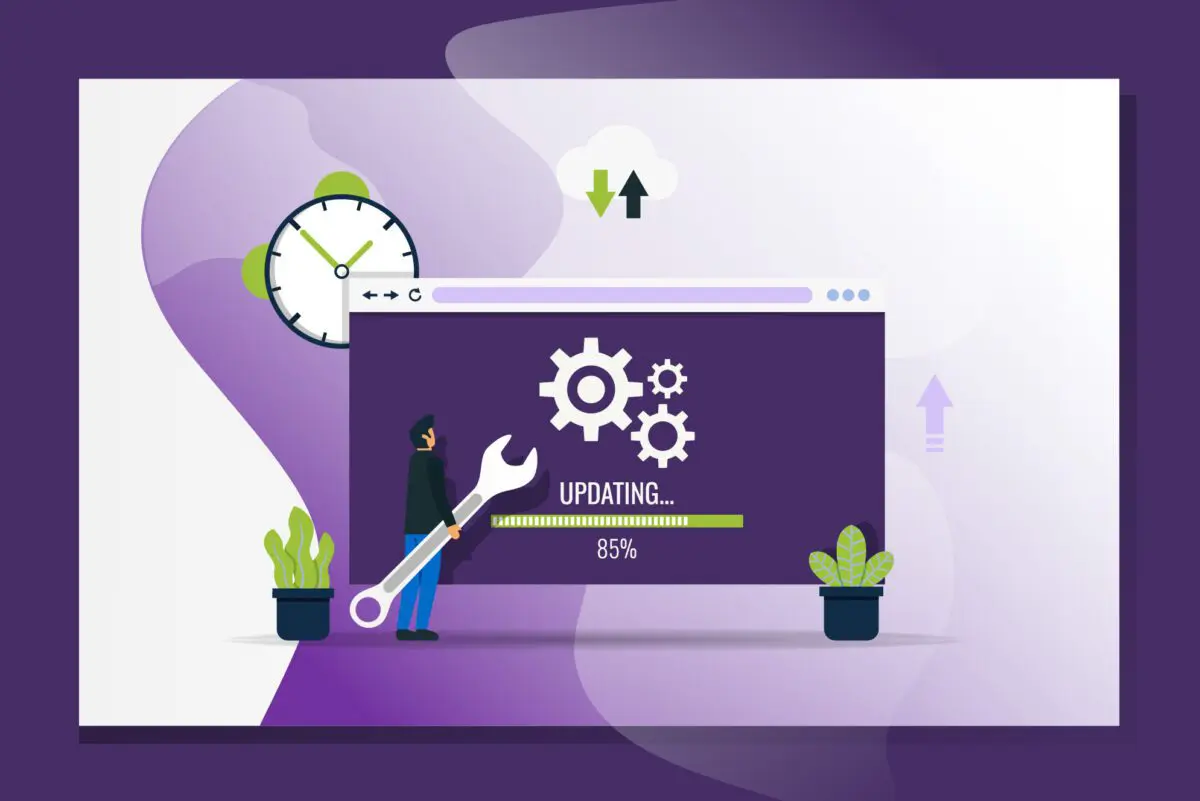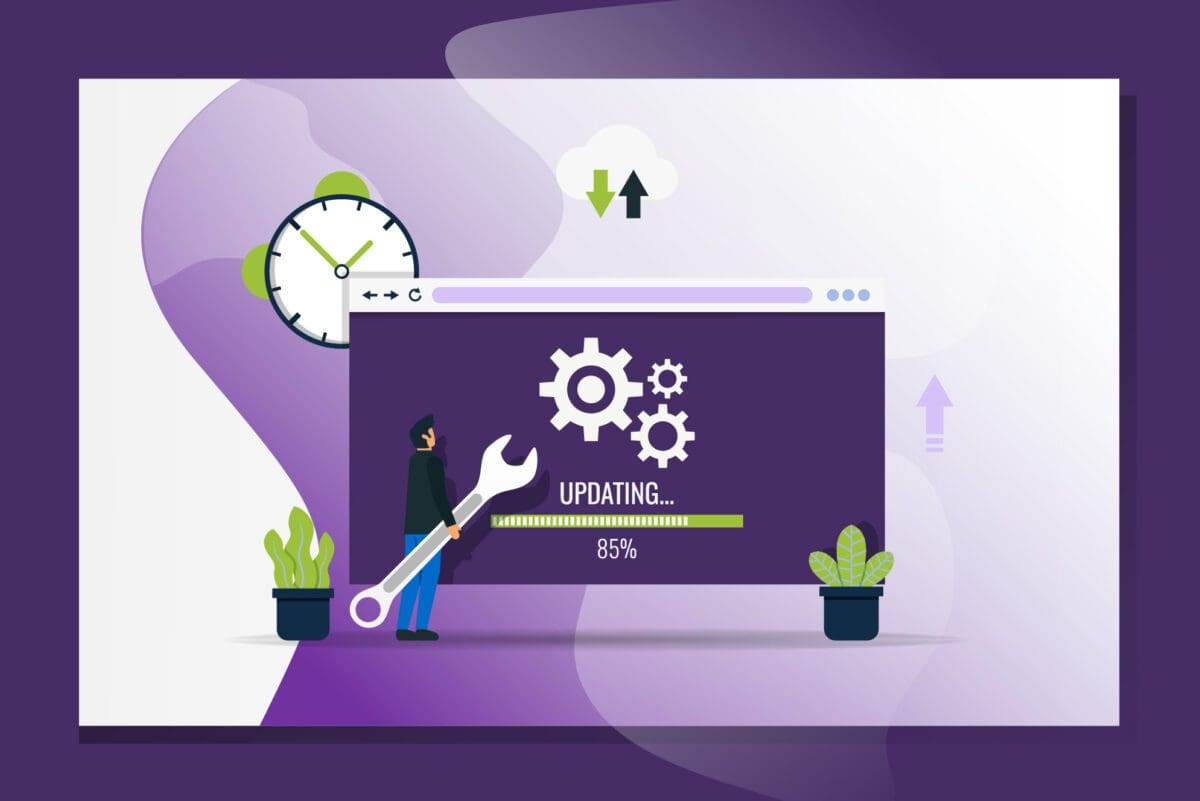Published: August 15, 2018
Have you ever wondered what the padlock in your address bar means?


In a world where consumers are becoming increasingly concerned about sharing their data online, the last thing you want is for your site to be viewed as insecure. Let’s face it, data protection is a hot topic (thanks to GDPR), and it isn’t going away anytime soon. Unlike personal, face-to-face connections, it can be hard to build trust online, but having a secure website is a good place to start.
What are HTTP and HTTPS?
HTTP stands for Hyper Text Transfer Protocol — the added ‘S’ in HTTPS stands for secure. As you browse websites, data is sent between your browser and the website you are on. As this data moves to and from servers, you want it to be protected, which is where HTTPS comes in. With just HTTP, this data is transferred in plain text, making it easier for a hacker to decipher and access. When you add a Secure Sockets Layer (SSL) certificate to your site, transferred data becomes encrypted. This means your data is more secure and you now have an HTTPS connection. So if the site is hacked, the data is not easily accessible and harder to decipher by the hacker.
Why is it important?
When sites are deemed secure with an HTTPS connection, a padlock appears in the address bar. On some browsers, the address bar may turn green. However, it is also important to note that if your website is not secure, the user will be notified that they are not on a secure site.
Having a secure website is especially important for websites that frequently handle sensitive information, such as credit card data. When it comes to things like banking and e-commerce, HTTPS is a must. According to research performed by GlobalSign, more than 80 percent of respondents would abandon a purchase if they noticed the site was not secure.
Even if you aren’t looking to facilitate a purchase on your website, you should still consider HTTPS for the many other benefits. First and foremost, the importance of building trust with your audience through a secure website cannot be stressed enough. But, there are other benefits you should consider too! If you are using Google Analytics on your website, (hint: you should be) note that referral data cannot be transferred from HTTPS to HTTP sites. So, if your website is not secure, but you have traffic coming from a source that is, you’re losing out on that data. Additionally, Google has started favoring HTTPS websites in their algorithm, giving secure sites a little ranking boost.
Bottom line? Don’t get left behind — get secure.
Looking for more website tips? Fill out our contact form and let’s chat!






